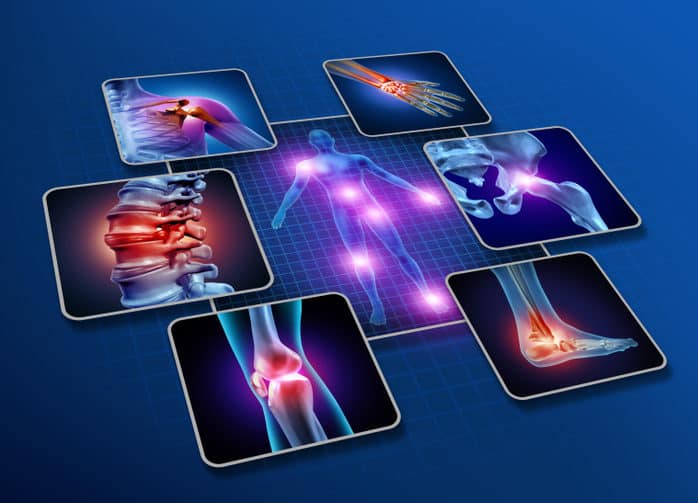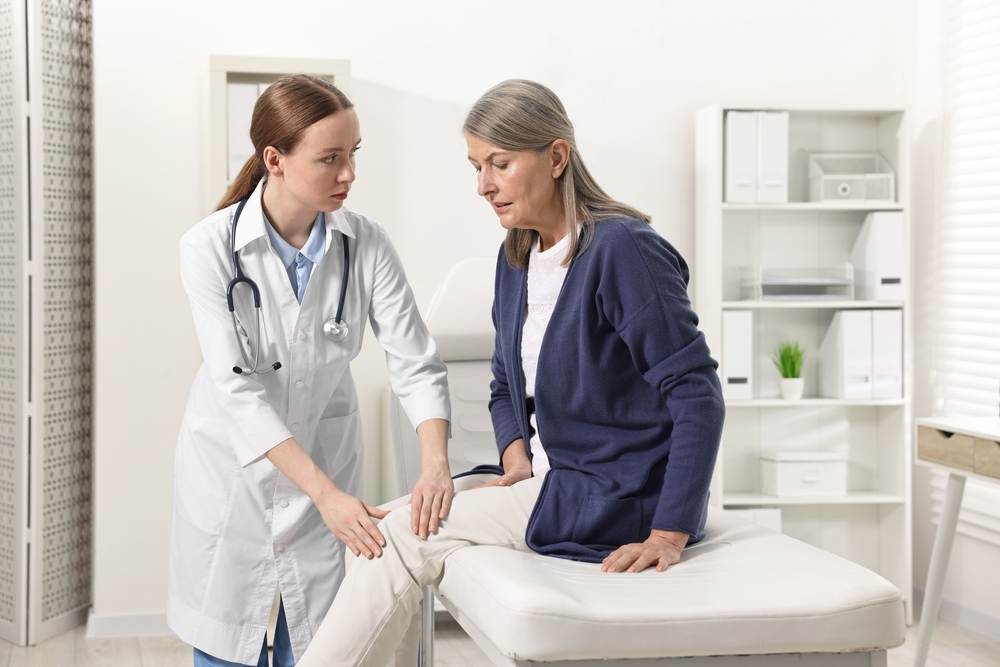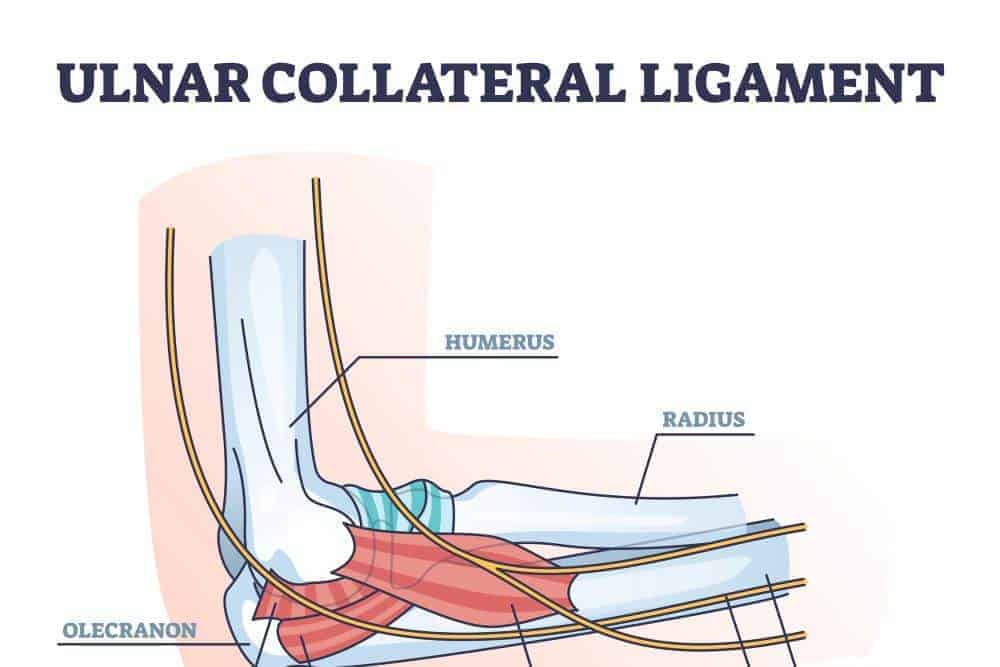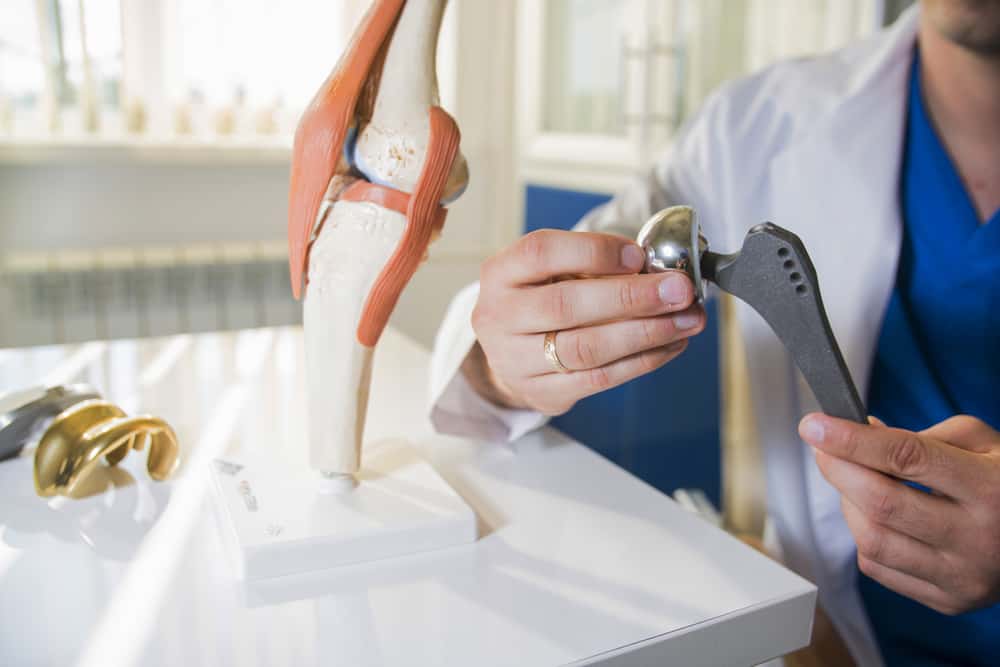For many people, arthritis is a natural consequence of growing up- age, genetics, and gender can all make you more susceptible to the condition. However, there are other environmental factors that increase your chances of developing arthritis in the joints. As you start to notice symptoms, you may want to meet with a knee doctor or chiropractor to determine the best treatment plan for you. Before this visit, it can be helpful to understand more about arthritis and how it begins to develop.
About Arthritis
Arthritis is a condition primarily characterized by stiffness and inflammation of the joints. It is not actually a single disease, but a broad way of referring to joint pain and joint diseases. There are more than 100 different forms of arthritis, with a range of causes and treatments. Some form of arthritis affects an estimated 52.5 million American adults according to the Centers for Disease Control and Prevention (CDC)- that’s about one in five Americans.
Arthritis symptoms usually develop over time, though in some cases they can appear suddenly. It typically appears in adults over the age of 65, but it’s possible for children, teens, and younger adults to suffer from arthritis as well. Women and people who are overweight are also likely to experience the condition.
Most Common Forms of Arthritis
While there are over 100 forms of arthritis, a handful are more common than others. The most common form of arthritis is known as osteoarthritis, which is caused by the “wear and tear” that occurs when joints are overused. This is typically a result of age, but joint injuries or obesity can put extra stress on the joints and cause the condition to appear early. Joints that bear weight, like your knees, hips, and feet, are the most common places that are affected, typically with pain in the joints as the main symptom.
Osteoarthritis occurs as you begin to lose your body’s shock absorber as the cartilage breaks down. This is the slippery material that covers the ends of your bones where they meet your joints. Damage to this cartilage makes movement painful, and you may even hear a grating sound when moving.
The other most common form of arthritis is Rheumatoid Arthritis (RA), which is actually an autoimmune disease. In this case, the immune system attacks the body, particularly the joints, which leads to inflammation and eventually joint damage. It’s very common for people with RA to develop lumps on the skin called rheumatoid nodules, often forming over joint areas that receive pressure, like knuckles or elbows.
Knee doctors do not have a good sense of what causes RA. Some theories state the immune system becomes “confused” after an infection and begins to attack the joints and causing the condition. It is also believed that certain chemicals in the body can be blocked my medication and induce symptoms. Symptoms of RA are often more severe than osteoarthritis.
Other Forms of Arthritis
Arthritis can occur due to inflammation of the skin and joints in what is known as psoriatic arthritis. This can begin in childhood or commonly between the ages of 30 and 50 as a reaction to psoriasis.
Gout, a build-up of uric acid crystals in a joint, and lupus, an autoimmune disease, are also forms of arthritis that can cause issues with the joint.
Treating Arthritis
The main goal of treatment is to reduce the amount of pain caused by arthritis, as well as to prevent future damage to the joints. There is unfortunately no way to undo the damage that has already occurred. Before visiting a knee doctor, you’ve likely tried home remedies and found some things that help you to manage pain, like heat and ice packs or the use of a cane.
In addition to this relief, it is important to improve your joint function with the help of a provider. Some medications may be prescribed to manage pain or decrease inflammation. Medication should not be your only source of treatment, but it can be used to make it more effective or allow you to do things like physical therapy. Exercises and nutrition for your joints are also included in your treatment. In severe cases, surgery to replace a joint with an artificial one may become an option.
While there is no cure for arthritis, proper treatment can be important and help to reduce symptoms. AICA Orthopedics has a range of specialists who can serve as your knee doctor- chiropractors, physical therapists, orthopedists, and more will be available to craft a specialized treatment plan for your type of arthritis specifically. Call today to schedule your first visit and begin reducing your pain!





